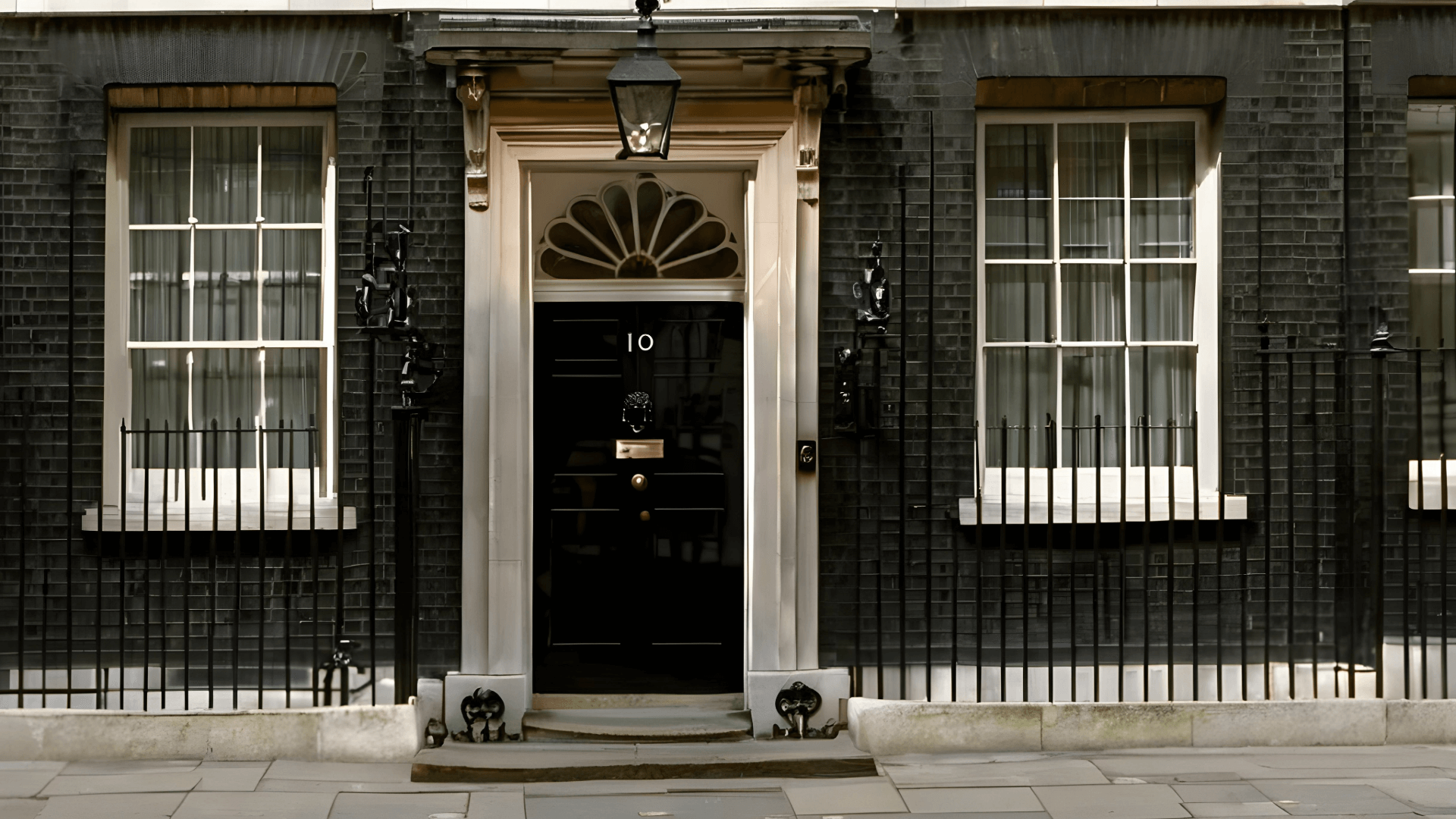How Labour's Election Win Could Transform Hospitality
Posted by Emily on 5th Jul 2024 Reading Time:
Sir Keir Starmer has become the UK's first Labour Prime Minister since 2010, securing a significant majority with a landslide victory in the general election. With Labour holding a parliamentary majority of 174 seats, the party is well-positioned to enact its manifesto pledges.

Impact on Hospitality Sector
Labour inherits a challenging economic landscape but has committed to supporting businesses by providing more stability. The party has promised a single major fiscal event per year and will publish a business tax roadmap for the next parliament, aiding firms in future planning.
Within the first 100 days in office, Labour plans to introduce worker rights legislation. This includes abolishing age bands on the minimum wage, likely increasing pay for workers under 18. The effect on the apprentice rate of £6.40 per hour remains uncertain. Additionally, Labour aims to curb the use of zero-hours contracts, potentially forcing many hospitality venues to reassess staffing strategies.
While the Labour manifesto did not specifically address hospitality VAT, it pledged not to increase National Insurance, VAT, or income tax. There is also potential good news for pubs. Shadow Chancellor Rachel Reeves hinted at maintaining the freeze on beer duty and proposed a five-point plan to support pubs, including community rights to buy local establishments.
The party has promised to reform the business rates system, aiming to level the playing field between high street venues and online businesses. Labour also plans to reduce net migration but will use immigration to address skill shortages, though specific impacts on individual industries remain unspecified. Furthermore, Labour intends to reform the Conservatives' apprenticeship levy with a more flexible Growth and Skills Levy.
Key Figures in Labour's Cabinet
Jonathan Reynolds, a long-serving Labour MP for Stalybridge and Hyde, is set to become a key figure for the hospitality industry. With a background in law and local government, Reynolds' appearance at the UKHospitality event marked a notable departure from tradition, reflecting Labour's recognition of the sector's importance. Keir Starmer also addressed the 2024 conference via video, underscoring this commitment.
Rachel Reeves is expected to become the UK's first female Chancellor. Representing Leeds West since 2010, Reeves has advocated for saving British pubs and supporting landlords throughout her campaign.
Hospitality Sector's Response
Hospitality leaders have urged Labour to fulfil its manifesto commitments to replace business rates and reform the Apprenticeship Levy. UKHospitality chief executive Kate Nicholls expressed a willingness to collaborate with the new government to advance these goals. She emphasised the necessity of action within the first 100 days, particularly regarding business rates and the Apprenticeship Levy, to demonstrate government support for the hospitality sector.
Sacha Lord, Greater Manchester's night-time economy adviser, also welcomed Labour's victory, describing it as a significant opportunity for the industry. He highlighted the sector's challenges and the need for continued advocacy to alleviate financial burdens on operators across the UK.
Nik Antona, chairman of the Campaign for Real Ale (CAMRA), found Labour's plans to empower communities to purchase and renovate local pubs encouraging. He urged the new government to recognise the importance of beer duty to the trade and called for better access for independent producers to the pub market.
CAMRA continues to advocate for a fairer tax system with an increased differential between draught and off-trade duty rates, as well as a VAT reduction on beer and cider sold in pubs. They also seek improved planning protection for pubs and social clubs and a reformed business rates system to prevent unfair overpayments.

